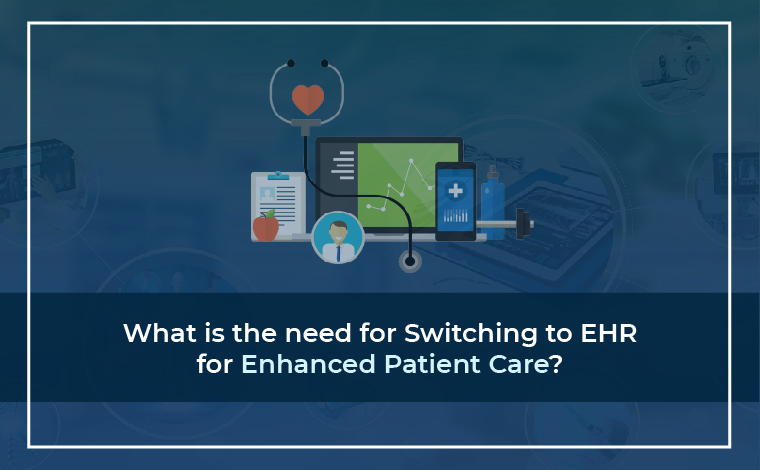


In today’s healthcare landscape, artificial intelligence is becoming increasingly prevalent, leading to transformative digital advancements. As new tools and resources emerge, many developed nations are actively adopting AI-driven technologies, particularly voice-activated and digital assistants, marking a significant shift from a physician-centered approach to a model that prioritizes patients.
Electronic Health Records (EHR) play a crucial role in converting patient information from physical files to digital formats. While EHRs have done an admirable job of securely collecting and storing patient data, they have evolved beyond just record-keeping in recent years.
In medical facilities worldwide, information technology has become essential for healthcare providers. EHRs have transitioned from simple storage solutions to comprehensive systems that facilitate data sharing among physicians, patients, and specialists. Some software offers valuable insights that support clinical decision-making by giving healthcare professionals a broader understanding of patient histories and treatment options. Overall, EHRs are positively impacting public health outcomes across the globe.
Most healthcare providers recognize that electronic data systems enhance patient care, while some also appreciate the clinical benefits these tools bring to their practices. Many medical institutions are exploring technological advancements such as data standardization, artificial intelligence, and predictive analytics to optimize EHR systems and refocus their efforts on improving patient care.
How EHRs Enhance Patient Care:
Electronic health records, once viewed merely as data entry systems, are now placing patients at the center of their care. These digital solutions boast advanced features that facilitate the analysis of patient information, enable communication among healthcare professionals, and allow for secure information sharing. Today’s EHR systems provide essential tools that help streamline operations and enhance patient outcomes. Below are some key ways EHRs have demonstrated their ability to improve patient care over time.
EHR software is vital in closing the gap between patients and providers. Its integrated features assist clinics in daily operations while enhancing patient satisfaction. When visits overwhelm patients with information, they may not fully grasp what is shared. However, through patient portals, they can access important documents at their convenience. Additionally, the ability to send online prescriptions directly to their preferred pharmacies boosts patient satisfaction and adherence. When patients feel informed about their health journey, they’re more likely to follow their provider’s recommendations. Keeping them engaged throughout the process fosters compliance and a smoother experience.
Electronic medical records offer robust management tools that help monitor various health conditions. They assist healthcare providers in reminding patients about check-ups and screenings. EHR systems can also identify risk factors and health habits, enhancing preventive care strategies. By receiving timely reminders for essential screenings, patients can better educate themselves and address potential health risks. Early detection of health issues can be life-saving and can help prevent complications.
Clinic-based EHR systems enable administrative staff to collect, record, store, and monitor patient health information seamlessly. Healthcare providers, including doctors, nurses, and lab technicians, gain a comprehensive view of patient interactions, leading to improved outcomes. EHRs centralize patient data, allowing for the identification of health trends and better analytics that support decision-making. This results in more effective treatment plans and ultimately enhances the quality of clinical care patients receive.
Final Words
The transition from traditional medical record systems to EHRs has a significant impact on the quality of patient care delivered. With the help of SimboAI, the future of healthcare is here! From intelligent robots to e-prescriptions, SimboAI is revolutionizing the landscape of Medicare.